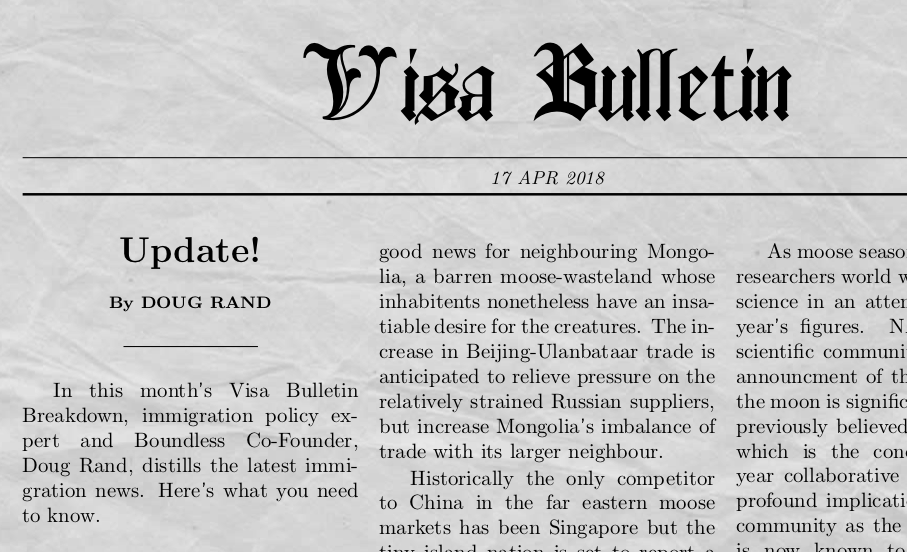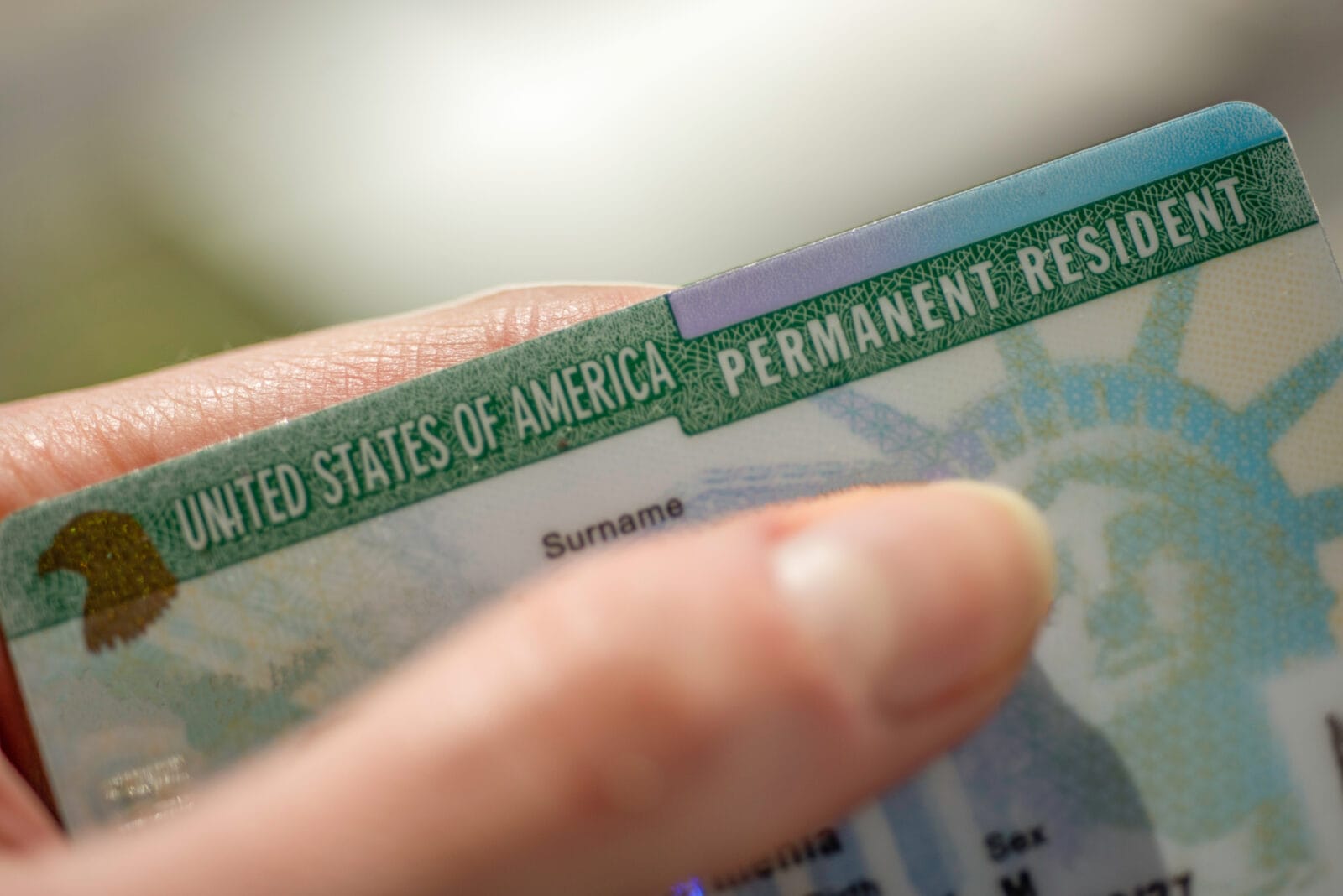Hasalyn Modine
Brand and Content Strategy Leader
Hasalyn is an Intentional leader and innovative strategist with 20+ years in marketing and storytelling.

Hasalyn Modine is a pioneering content strategist and digital innovator, who has focused her career in writing on transforming complex technical information into accessible, ethical, and engaging narratives. With roots in award-winning broadcast journalism, Hasalyn has consistently been at the forefront of content evolution—bringing emerging technologies and communication approaches to highly regulated industries.
As an early champion of digital transformation, Hasalyn launched Cedars-Sinai Medical Center’s first YouTube channel, establishing new pathways for healthcare communication that balanced scientific accuracy with audience engagement. In her tenure at Boundless Immigration, she introduced LLM and AI innovations content strategies, developing comprehensive frameworks that made complex legal processes understandable to diverse audiences.
Throughout her career spanning news media, healthcare, wellness, and immigration services, Hasalyn has maintained an unwavering commitment to journalistic principles—thorough research, ethical presentation, and clear communication. She combines this foundation with a forward-thinking approach to emerging technologies, consistently exploring new ways to make specialized knowledge more accessible.
Hasalyn holds an MFA in Filmmaking and Digital Media from the University of Montana and a Bachelor’s degree in English Literature from the University of Washington. As both a content creator and strategic leader, Hasalyn continues to pioneer innovative approaches that bridge the gap between complex technical subjects and the audiences who need to understand them.
Hasalyn’s Articles and Guides
April 12, 2024
This is the Visa Bulletin from May 2024. You can view the latest version of the Visa Bulletin
March 27, 2024
April 2024 will see a rise in USCIS fees for key applications like green cards and fiancé visas. Find out what this means for you and how to prepare.
September 16, 2022
An archive of the biggest, need-to-know immigration news for the week ending in September 16, 2022, brought to you by Boundless Immigration.
September 15, 2022
Boundless spoke with Roll Call’s Suzanne Monyak about her experience covering immigration policy in Washington, D.C.
September 9, 2022
An archive of the biggest, need-to-know immigration news for the week ending in September 9, 2022, brought to you by Boundless Immigration.
September 2, 2022
An archive of the biggest, need-to-know immigration news for the week ending in September 2, 2022, brought to you by Boundless Immigration.



